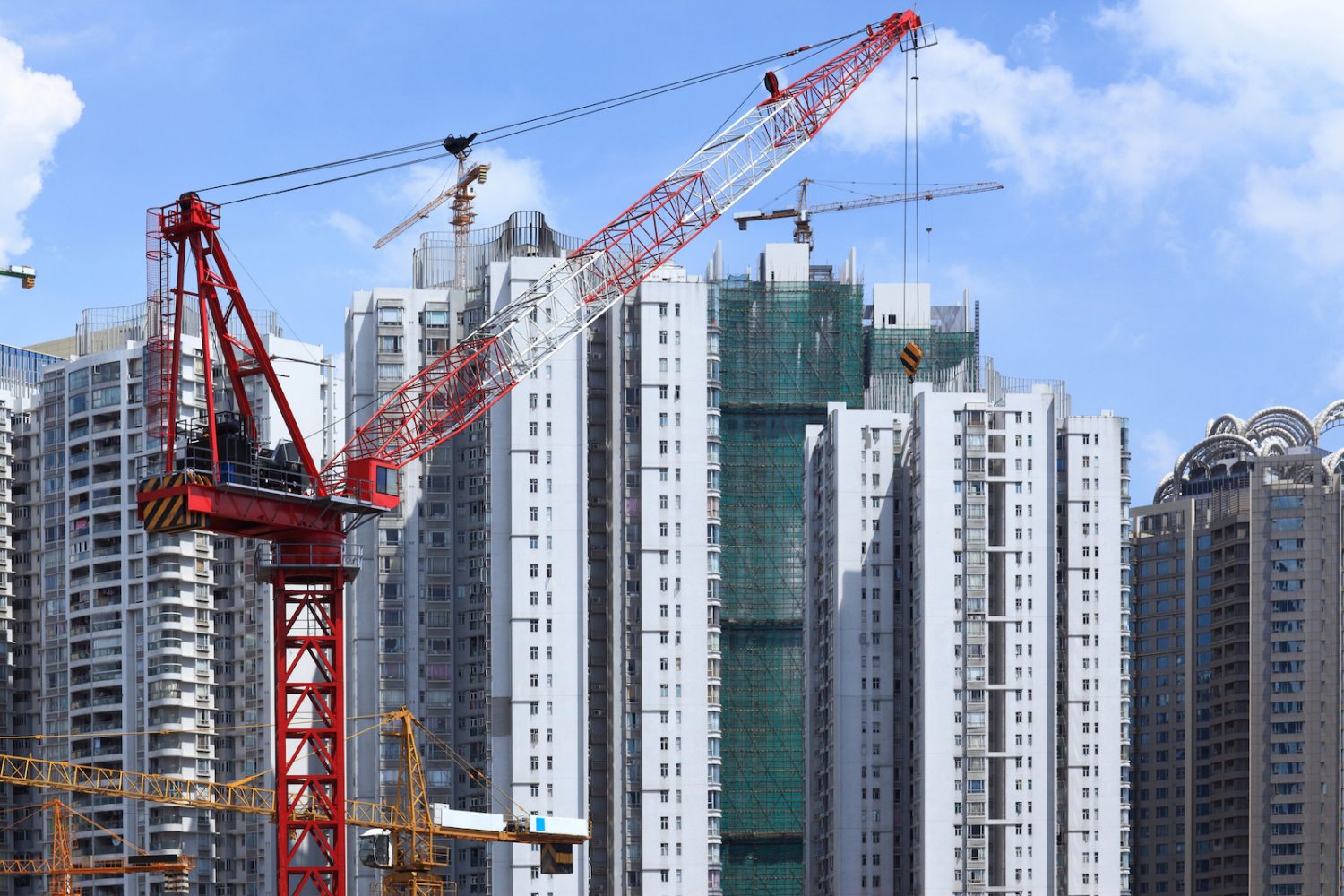(ATF) As China rapidly urbanizes, property management is big business. Most urban residents live in compounds run by a property management firm, who will be overseen by the local party neighbourhood committee. China’s national policy is to create a network of ‘smart cities’ as it enters the ‘new era’ of 5G and big data.
News that Beijing wants these firms to play a key role caused a surge in property management firms’ stocks.
On Tuesday January 5, 10 departments including the Ministry of Housing and Urban-Rural Development, the Central Political and Legal Affairs Commission, and the Central Civilization Office jointly issued a “Notice on Strengthening and Improving Residential Property Management.” This emphasizes that qualified property service companies are encouraged to extend services to areas such as elderly care, childcare, housekeeping, health, housing brokerage, and express delivery. This means that the authority of property companies is gradually relaxing.
Specifically, the Notice requires strengthening the capacity of ‘smart’ property management services and encouraging these companies to use technologies such as the Internet of things (5G), cloud computing, big data, blockchain and artificial intelligence to improve their services.
Firms should promote integrated development of online and offline services, encourage property service companies to explore the “property service + life service” model and smart property management service platforms to achieve one-click appointments and door-to-door services.
Yan Yuejin, research director of the Centre of E-House Research Institute, said that real estate companies should take the initiative to undertake housekeeping, culture, health, express delivery and other services. With an expansion of business scope, the management level and service capabilities of property companies would be greatly improved, Yan said, in the Global Real Estate Comprehensive Report.
Relaxing the operating authority for property companies could be regarded as the arrival of “spring” for property companies, he said.
On December 15 last year, the Ministry of Housing and Urban-Rural Development and other departments issued “Opinions on Promoting Real Estate Service Enterprises to Accelerate the Development of Online and Offline Life Services.” This said ‘intelligent’ property management needed to be promoted, with a focus on home-care services and other related content to complement the shortcomings of residential community services.
This would encourage integrated development of online and offline property services, and meet the diverse and multi-level life service needs of residents.
The government moves caused the stocks of 42 A+H property stocks to rise sharply. According to incomplete statistics, as of the midday suspension, there were 17 property stocks that gained more than 10%, while 27 gained more than 5%. Aside from Pujiang China and Hehong Services, which did not rise or fall due to its small size, some 40 property stocks all enjoyed a boost.
According to data from the Zhongzhi Institute, Chinese citizen’s per capita residential area would reach some 45 square metres by 2030, while the residential property penetration rate would be 50%. The average property service fee was tipped to remain unchanged at 4.22 yuan, and the proportion of value-added service income was expected to remain basically unchanged.
The Institute said the total area managed by property firms was tipped to reach 32.6 billion square metres, while the basic property service scale would reach a total of 1.65 trillion yuan, with the value-added service scale expected to total about 400 billion yuan, and the overall scale of the industry would exceed 2 trillion yuan.
Shares of Sunac Services, a spin off of Sunac China, were up 18%, while A Living Smart, which was spun off from Agile, was up 17%.
























